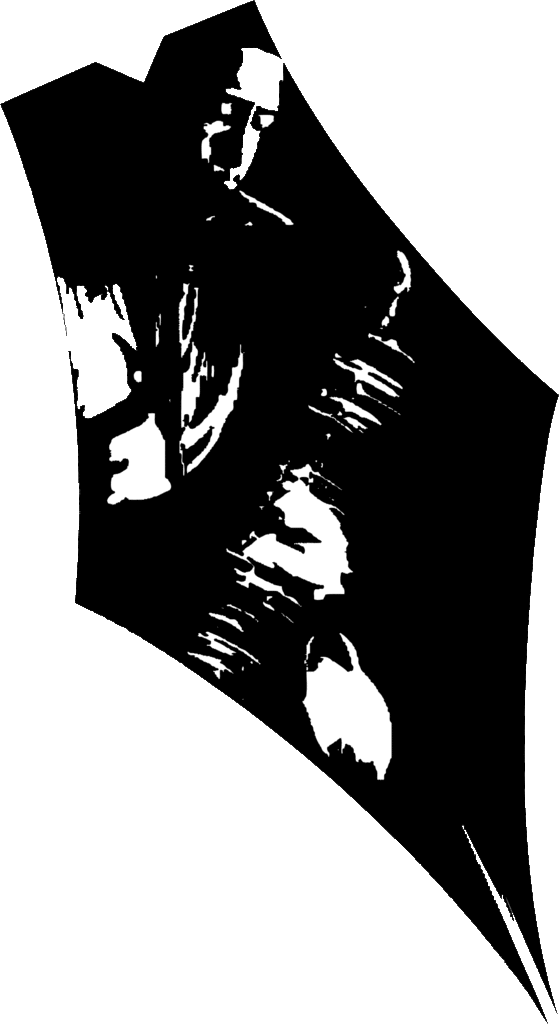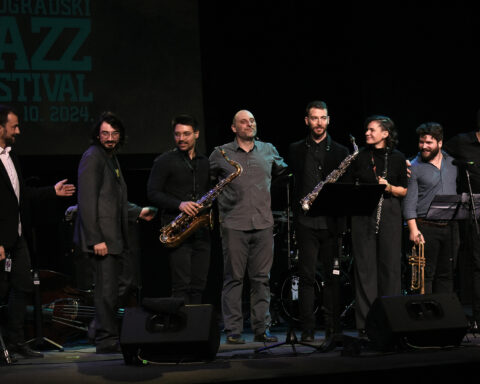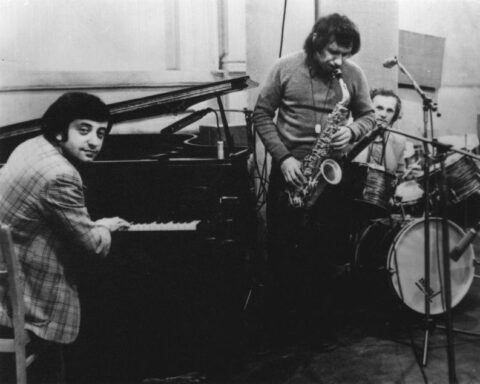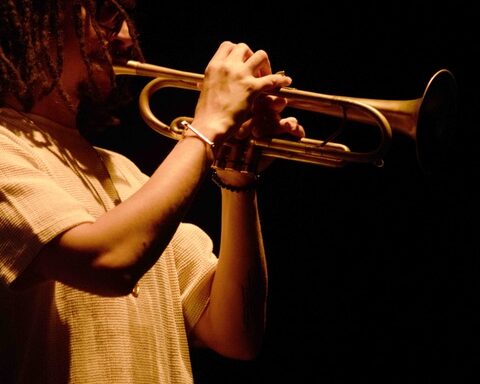1) What is the Jazz Journalists Association (JJA)?

The Jazz Journalists Association is a non-profit professional organization of freelance and staff writers, photographers, broadcasters, videographers and new media practitioners covering jazz in any media and all its forms.
2) What is the Jazz Journalists Association’s mission? The JJA is dedicated to promoting high journalistic standards and appropriate payment for media of all kinds –new and old, online and off– to tell the story of jazz and develop new jazz audiences. The JJA also works to provide a network for journalists to advance professional goals and to ensure rigorous, in-depth coverage of the art form.
3) Who is eligible to join the Jazz Journalists Association? Membership in the JJA is open writers, photographers, broadcasters, bloggers, videographers and new media professionals who cover jazz professionally, as well as their supporters.
Journalists are invited to join the JJA as Professional Journalist members, which means they can nominate and vote in the annual JJA Jazz Awards. Musicians and educators who work in the music, music promotion and publishing industries or allied fields or simply want to support the JJA’s work can join as Industry Associates. Companies, institutions and organizations can join as Supporters.
4) What are the dues for membership in the Jazz Journalists Association?Annual dues for jazz professionals, who can vote in the JJA Jazz Awards, are $90. Non-voting student/apprenticeship membership is $25. Industry Associates and Supporters dues run on a sliding scale from $100-$1,000.
4) What are the Jazz Journalists Association primary initiatives? The annual JJA Jazz Awards, which recognize the leading artists in jazz and also offer the only national awards for excellence jazz in journalism, are widely considered amongst the art form’s most prestigious honors. The Jazz Heroes Awards, which are presented by JJA chapters in cities around the country, focus on the behind-the-scenes people who build and support local jazz scenes. And in 2013 the JJA initiated JazzApril, a media project in support of Jazz Appreciation Month (April) and International Jazz Day (April 30). By participating, musicians, journalists and other media makers, businesses and organizations and educators help spread word in their local bases about jazz’s immediately evident social, cultural and political significance. The website JJANews.org and the JJA’s social media streams publish news and comments of the business of jazz journalism. Talking Jazz is a series of webinars with key industry personnel about jazz journalism-related issues. The JJA’s eyeJAZZ campaign includes instructional posts about how to use video
5. What does the Jazz Journalists Association offer members? As a professional association, the JJA offers first and foremost fellowship and networking with other jazz journalists world-wide. Members are able to access the JJA’s members-only Facebook discussion page, and write for JJANews. They may post their professional profiles on JJANews, information about their recent activities in the monthly Members’ Updates, and seek consultations from each other via contact information posted in the profiles (search the Members Directories on JJANews). Professional members may nominate and vote in the annual JJA Jazz Awards, serve on Awards committees and help organize local Jazz Heroes celebrations. Student members may apply for mentoring from veteran JJA members. Associate members get membership prices for all ticketed JJA events.
The JJA conducts online training programs for new and veteran journalists and has also produced mini-conferences, panel discussions, “critics clinics,” book signings and social events at jazz festivals, educational institutions and performance venues.
6. How long has the Jazz Journalists Association existed? The first JJA meeting was held in 1986, and officers were first elected in 1992. The JJA was incorporated in New York State in 2004.
The JJA established its first website, Jazzhouse.org, in 1996. It is now the JJA’s archival site). JJANews became the official JJA site in 2008.
7. How can I get involved if there is no Jazz Journalists Association branch in my region? The JJA welcomes and encourages new members to take the initiative in building local branches, producing events, organizing informal gatherings and reaching out to other jazz professionals. JJA board members and other members are available to advise on these processes, and more!
8. How is the JJA governed? Howard Mandel has been president of the JJA since 1994, and is actively seeking new leadership. The JJA’s board currently comprises Bob Blumenthal (Boston), Susan Brink (New York Empire region), Janis Lane-Ewart (Minneapolis), Andrew Gilbreath (Berkeley), Don Palmer (Baltimore), Paul Rauch (Seattle), and Neil Tesser (Chicago).
9. Can I visit the JJA’s office? The JJA’s office is in the cloud — specifically, in a Google Docs suite. The JJA does not maintain a physical office, own office equipment, or employ a staff. See also https://www.facebook.com/jazzjournalists
For further information, write President@JazzJournalists.org.





